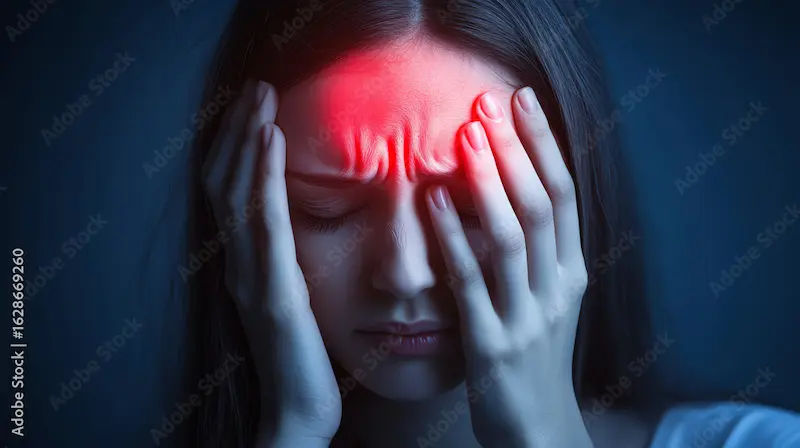- Male
- 25 Years
- 29/01/2025
I'm really concerned because for the past 15 days, I've been experiencing this muscle twitching in my upper arm near the shoulder. It happens quite frequently, and I've also noticed similar twitching in my left chest and the middle lower chest area. The twitching in my arm seems to be the most constant. Should I be worried about this?
Answered by 1 Apollo Doctors
Possible Causes*
- Muscle fatigue: Overuse or strain of the muscles in your upper arm and chest.
- Nutritional deficiencies: Low levels of electrolytes (potassium, magnesium, calcium), vitamins (B12, D), or minerals.
- Nerve stimulation: Irritation of the nerves supplying the muscles in your arm and chest.
- Anxiety or stress: Tension and stress can cause muscle twitching.
When to Worry
- Persistent twitching: If twitching continues for an extended period.
- Weakness or pain: If you experience muscle weakness, pain, or numbness.
- Other symptoms: If you have difficulty breathing, swallowing, or speaking.
Next Steps
- Consult a doctor: Schedule an appointment with your primary care physician or a neurologist.
- Get a physical examination: To rule out underlying conditions.
- Blood tests: To check for nutritional deficiencies or other underlying conditions.
- EMG (Electromyography): To evaluate muscle and nerve function.
In the meantime:
- Stay hydrated: Drink plenty of water and electrolyte-rich fluids.
- Manage stress: Engage in relaxation techniques, such as meditation or deep breathing.
- Avoid caffeine and nicotine: Both can exacerbate muscle twitching.
Dr. Anshul Suggests...
Consult a Neurologist
Answered 04/07/2025
0
0

More Neurology Health Queries
View allWhat part of the brain controls balance?
Cerebellum. It maintains posture and equilibrium
Answered by 1 Apollo Doctors
How long do damaged nerves take to heal?
Regeneration time depends on how seriously your nerve was injured and the type of injury that you sustained. If your nerve is bruised or traumatized but is not cut, it should recover over 6-12 weeks. A nerve that is cut will grow at 1mm per day, after about a 4 week period of 'rest' following your injury.
Answered by 1 Apollo Doctors
I've been experiencing numbness in my face over the last couple of days. Can you help me understand what might be going on?
Thats unusual,visit General Physician for appropriate approach.and maintain balanced diet and healthy lifestyle
Answered by 1 Apollo Doctors
Disclaimer: Answers on Apollo 247 are not intended to replace your doctor advice. Always seek help of a professional doctor in case of an medical emergency or ailment.





